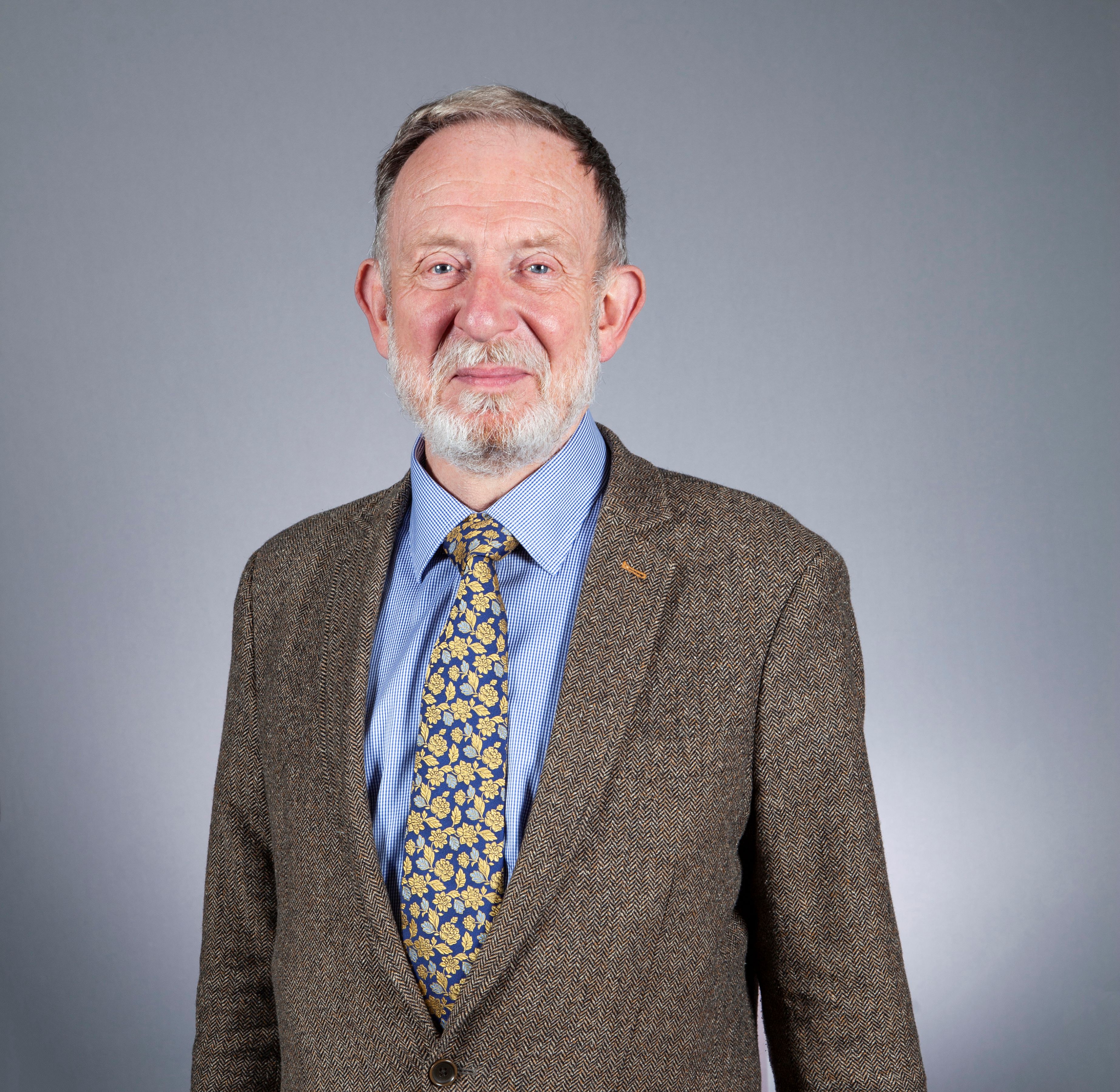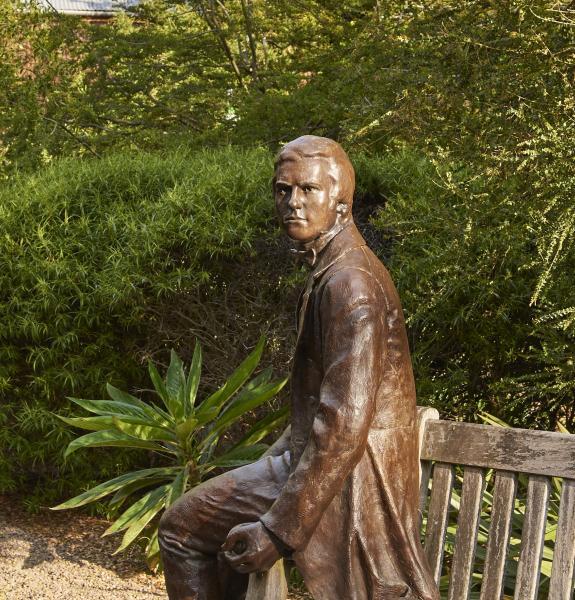Gareth read Natural Sciences at Cambridge, specialising in Physics at Part II. He began his PhD research in the new and somewhat elusive field of ‘molecular aerodynamics’, but switched to radio astronomy, studying both the structure of the most powerful objects in the universe and also of the solar wind (which can be ingeniously connected). After a few years of postdoctoral experimental astrophysics, supported by Christ’s College, Gareth moved to the Scott Polar Research Institute where he helped to develop the field of remote sensing, applying image analysis techniques to data collected from satellites in order to investigate polar environments.
Much of Gareth’s subsequent research was based in northern Russia, often in collaboration with Moscow State University, to develop an understanding of the response of high-latitude vegetation there to forcing by climate change and more local factors such as air and ground pollution and herbivory. The close connection with Russian arctic science latterly led him into the area of Science Diplomacy between the UK and Russia, and although this activity was halted abruptly as a consequence of the full-scale invasion of Ukraine by Russia in 2022, he continues to be involved in setting international arctic research policy and in arguing for continued engagement with Russian arctic research.
More recently, Gareth has established a collaboration with the Arctic University of Norway, in Tromsø, focussed strongly on the development of new methods (using satellites and, increasingly, UAVs or ‘drones’) of observing natural and built environments at high latitudes, and linking this with the ‘green transition’ towards more sustainable energy use. He occasionally also works with colleagues at the British Antarctic Survey on remote sensing of fauna at high latitudes, and claims to be one of the world’s experts in the optical properties of penguin guano.


